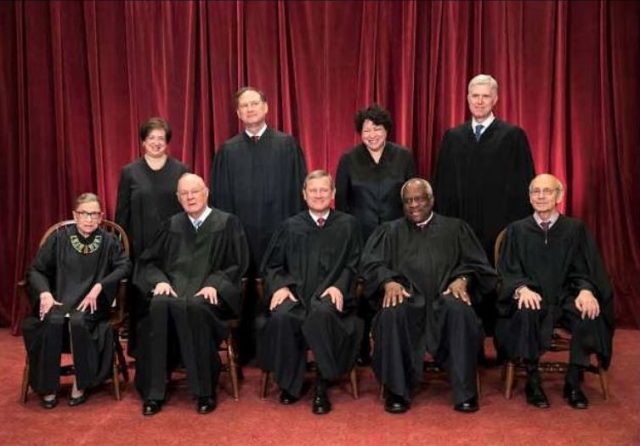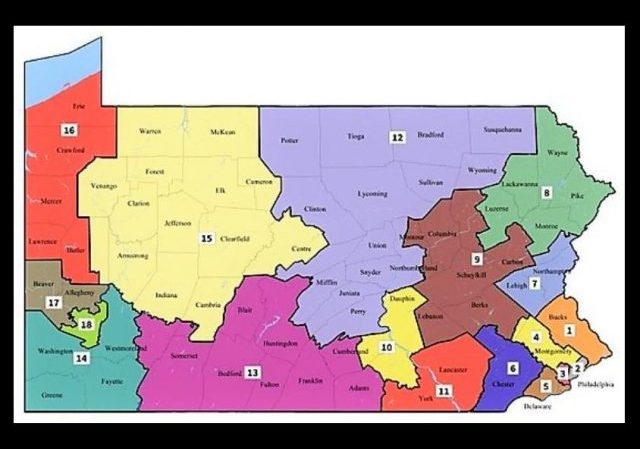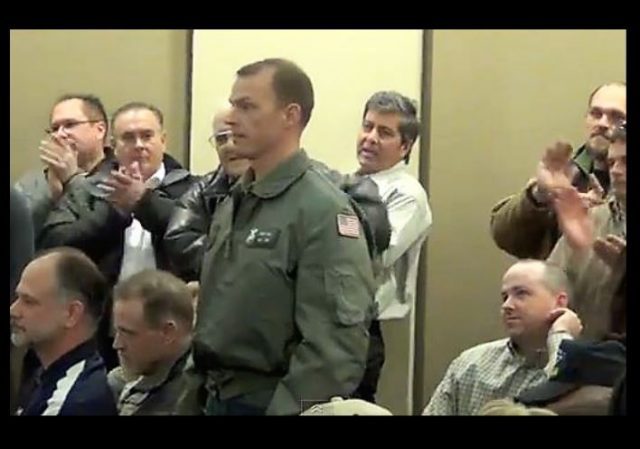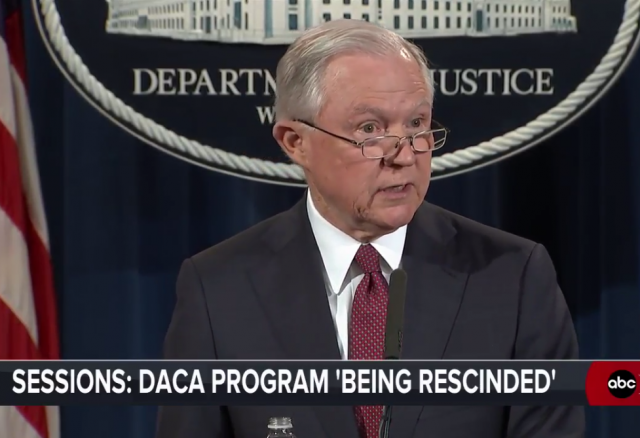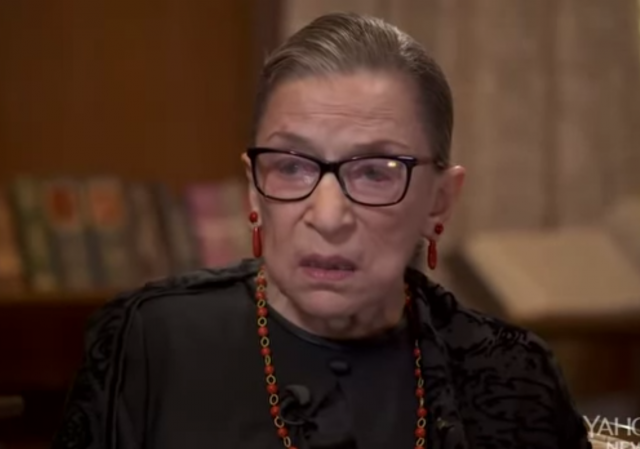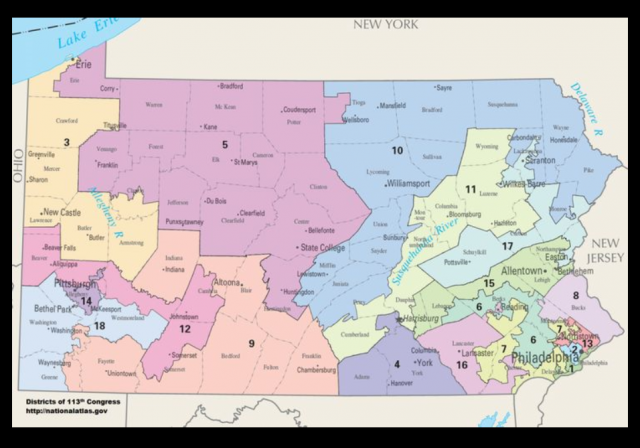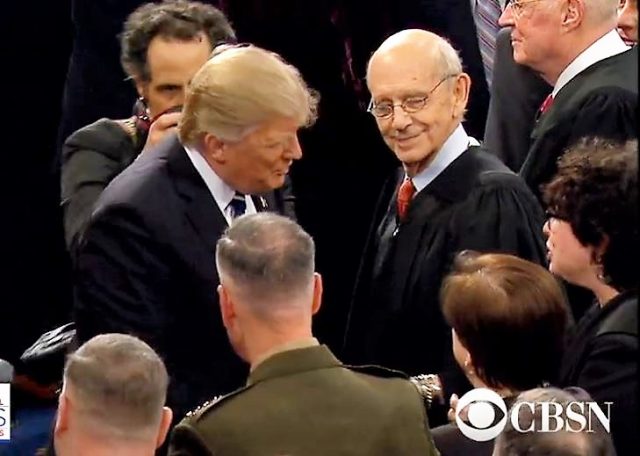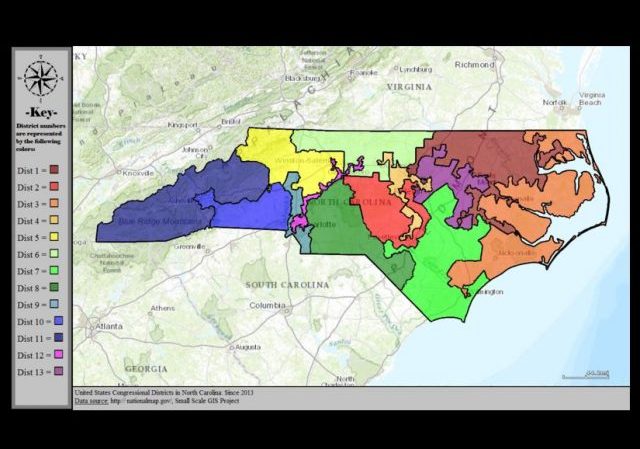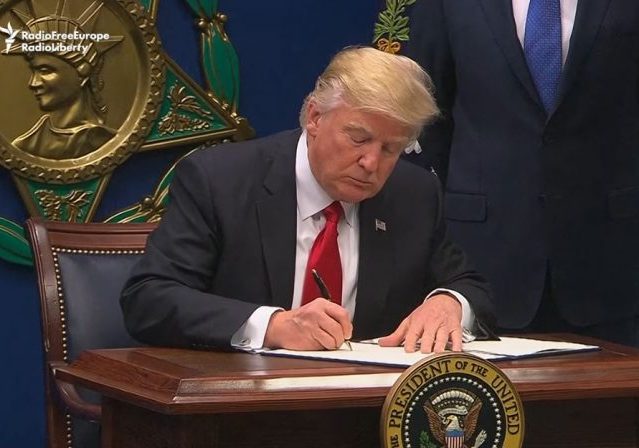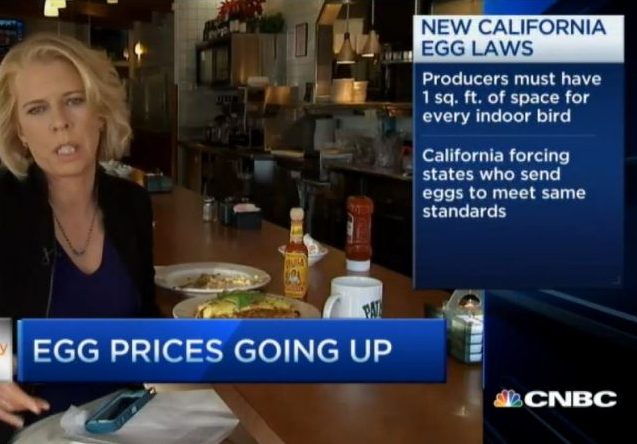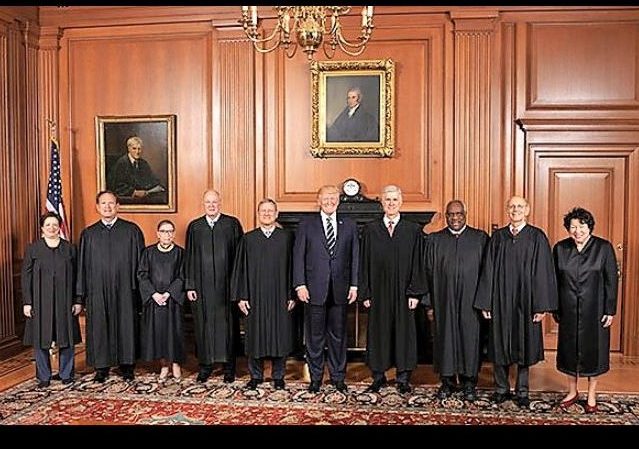Supreme Court reverses 9th Circuit, rules for officer in police excessive use of force case
on April 02, 2018
51 Comments
The Supreme Court just handed down a police use-of-force decision, Kisela v. Hughes (pdf.)(full embed at bottom of post), the most notable characteristic of which is the gutting of a typically nutty Ninth Circuit court of appeals ruling and a typically silly dissent by Sotomayor (joined, unsurprisingly, by Ginsburg).
The legal issue in play is whether a woman who was shot by a police officer should be permitted to sue that officer personally.

